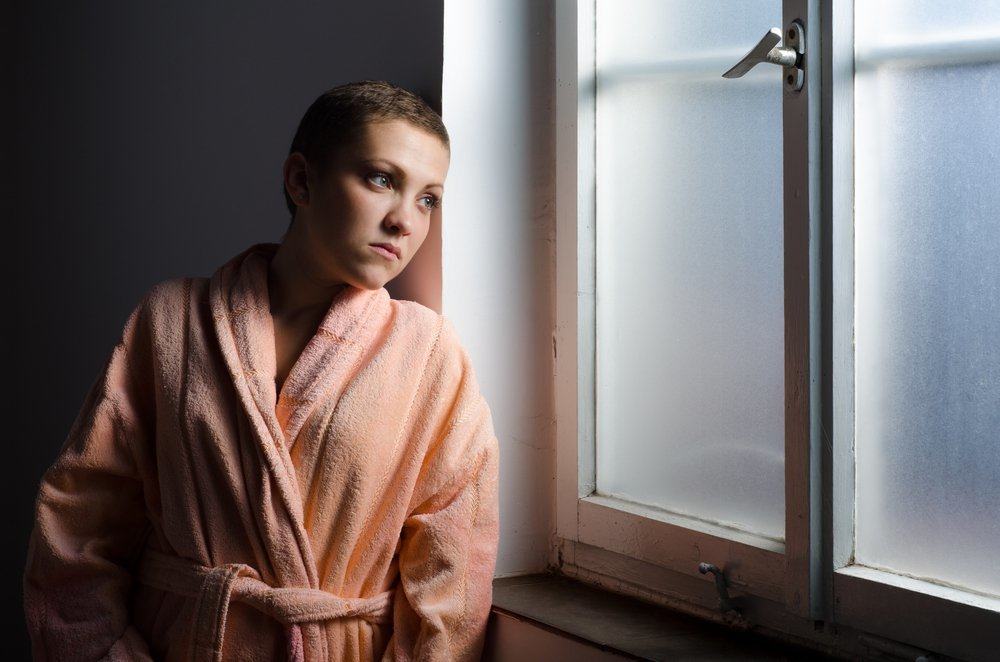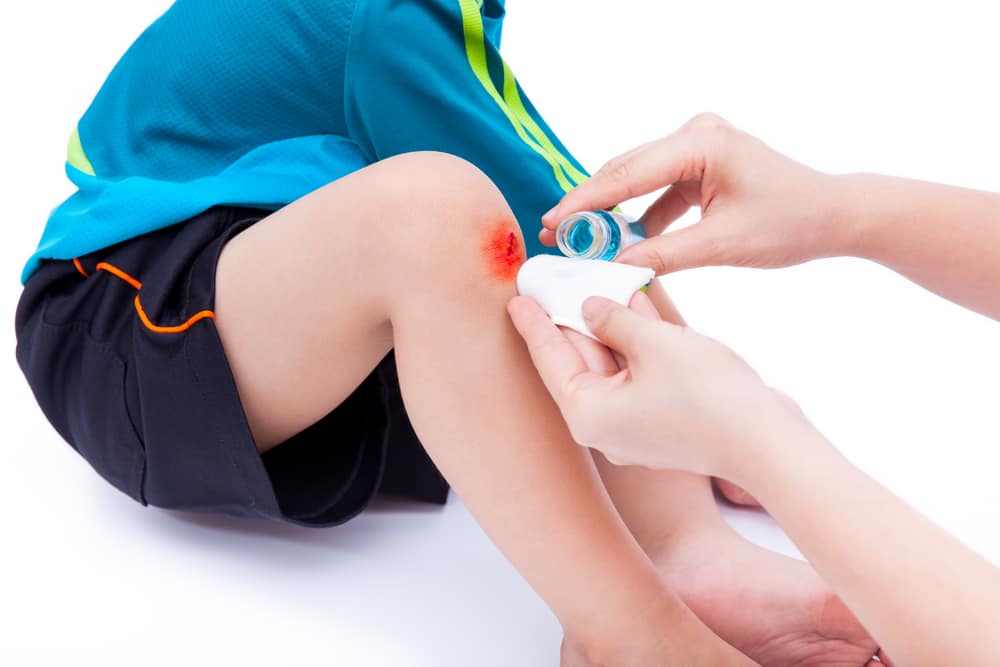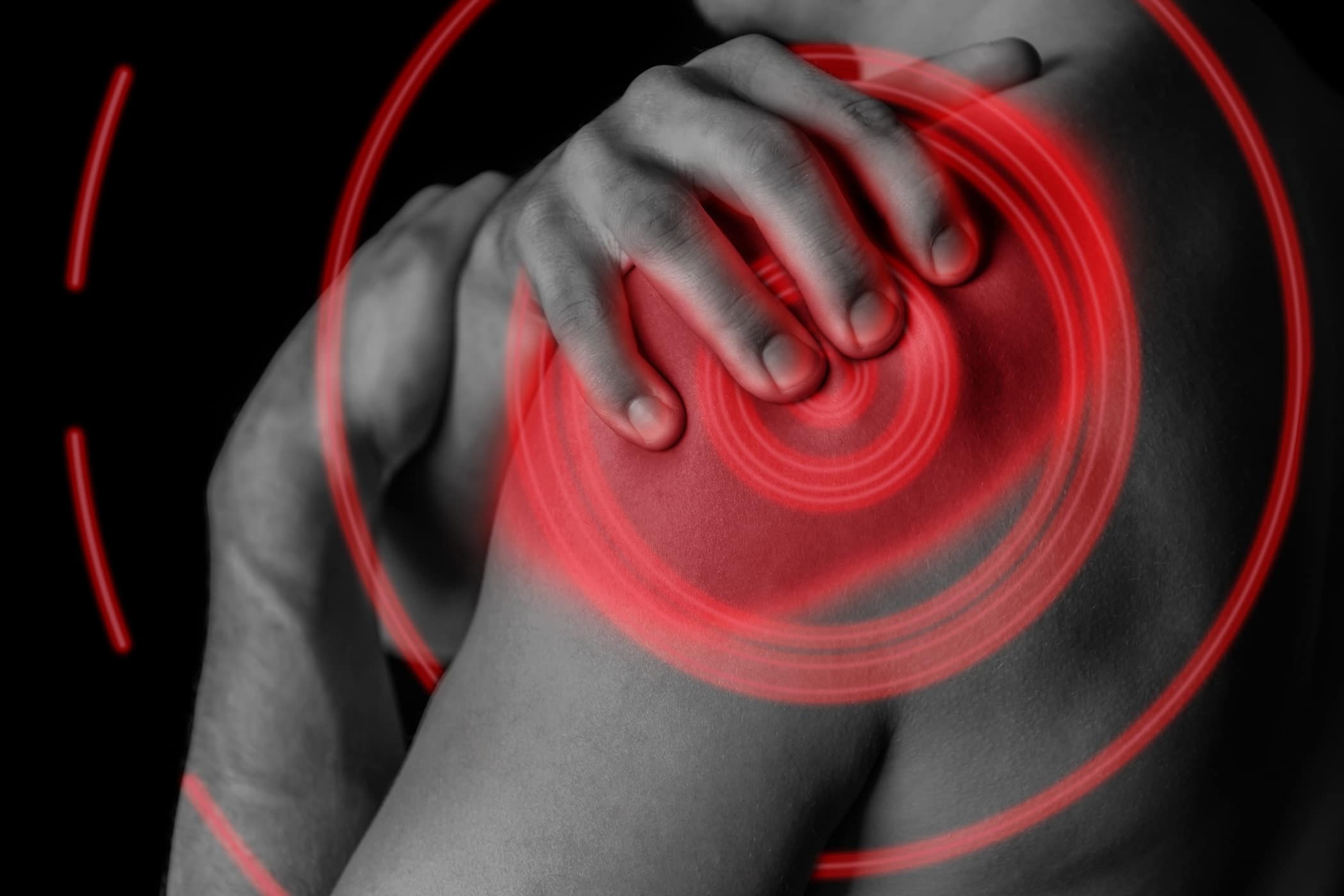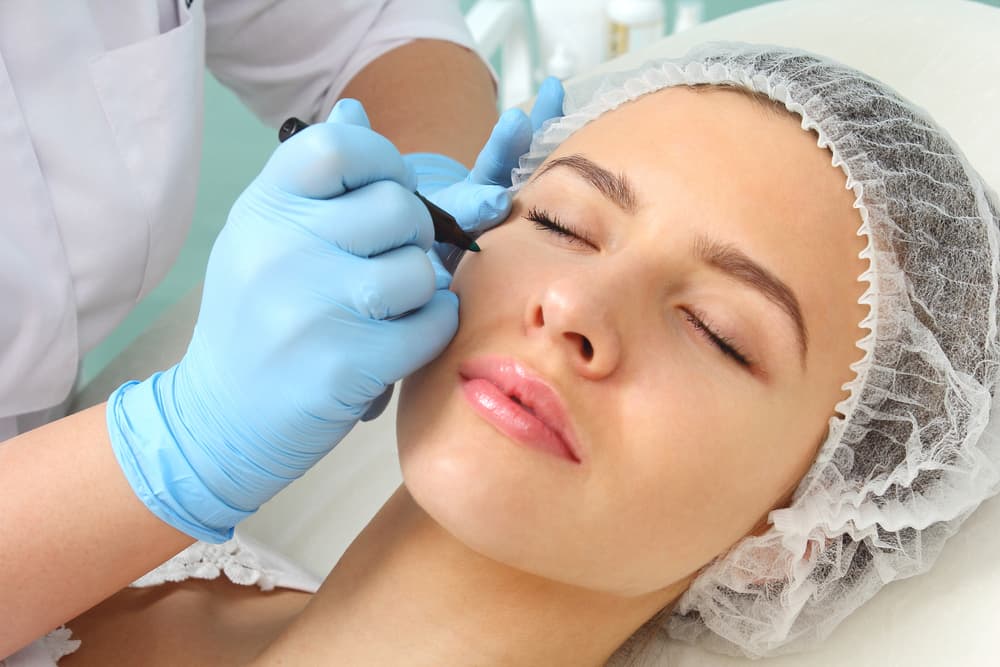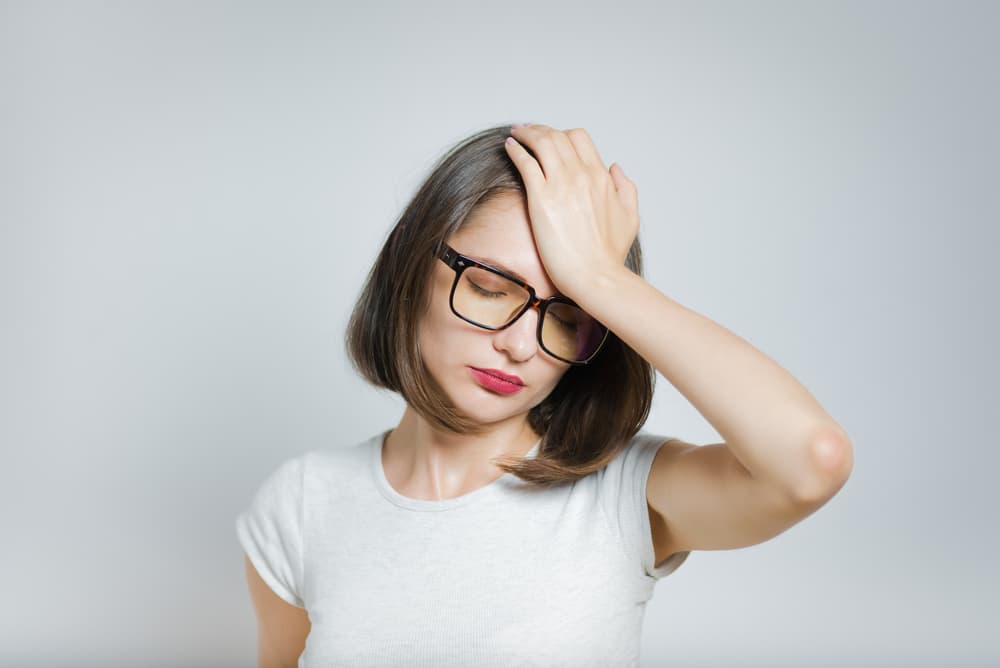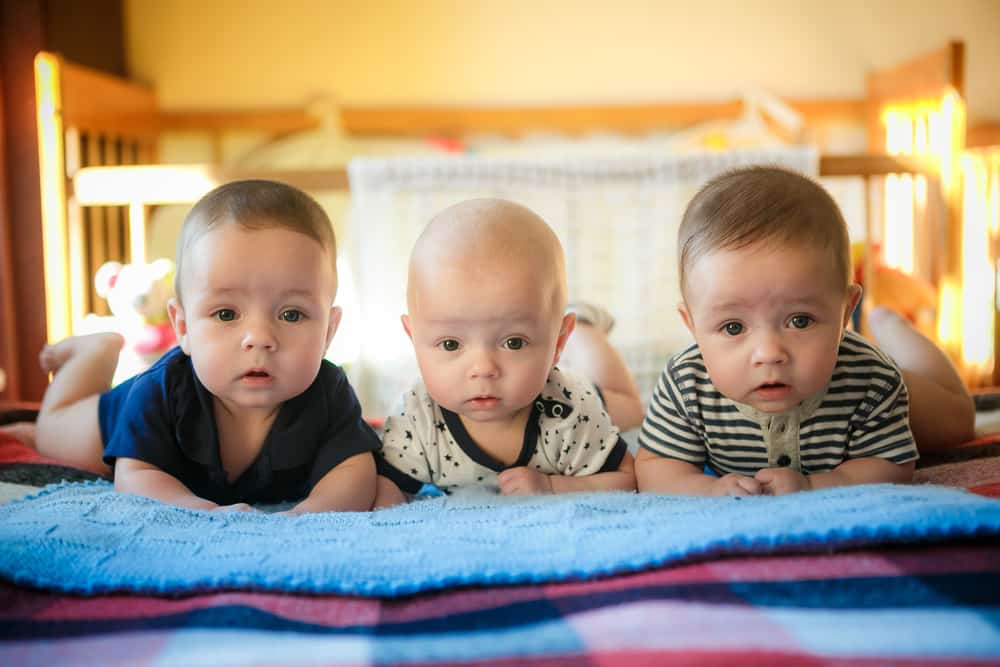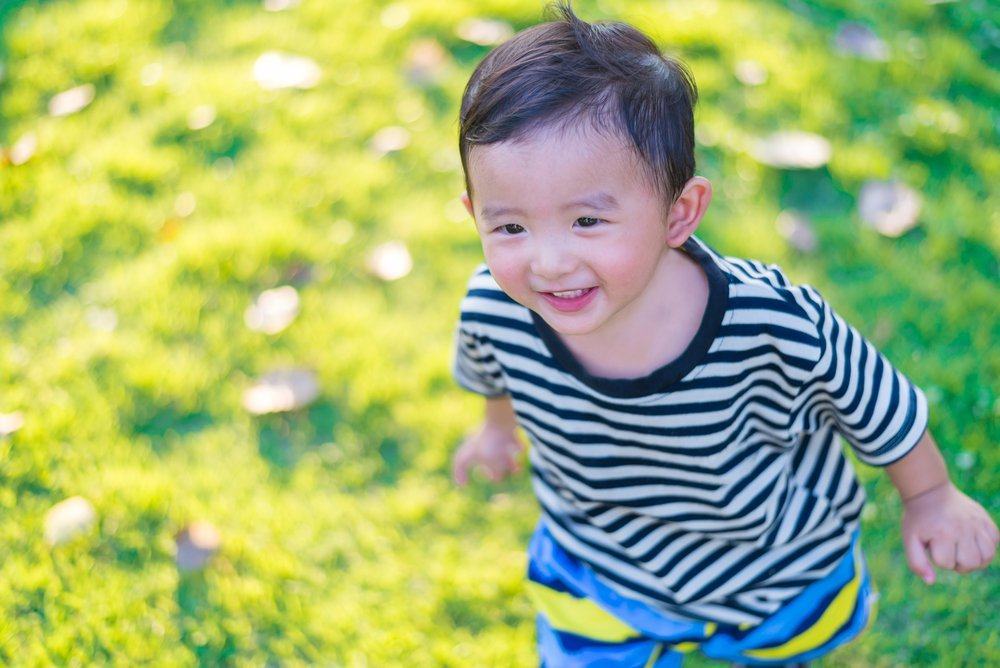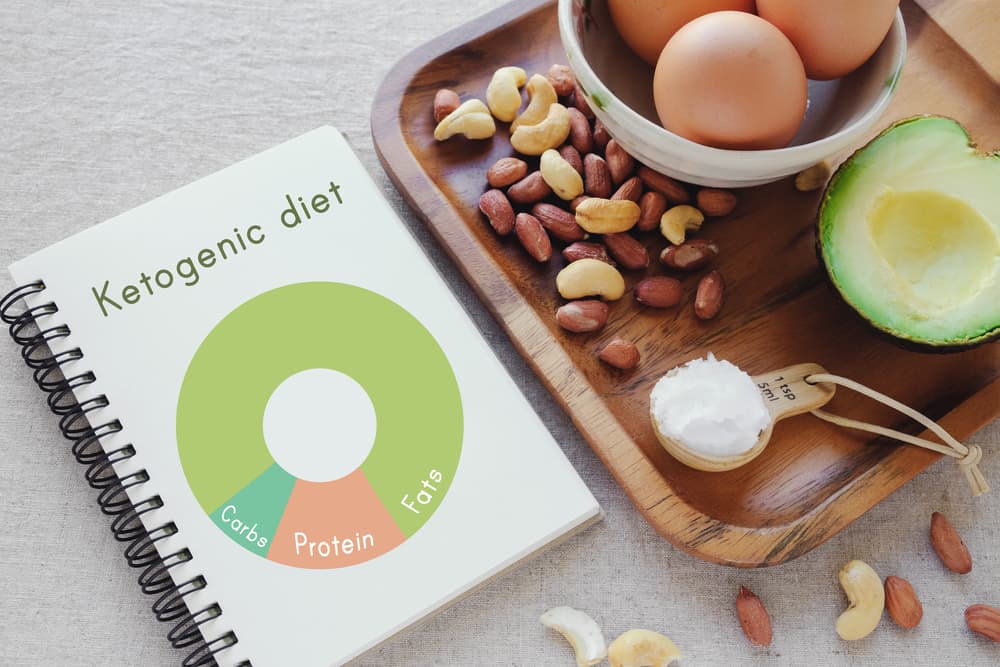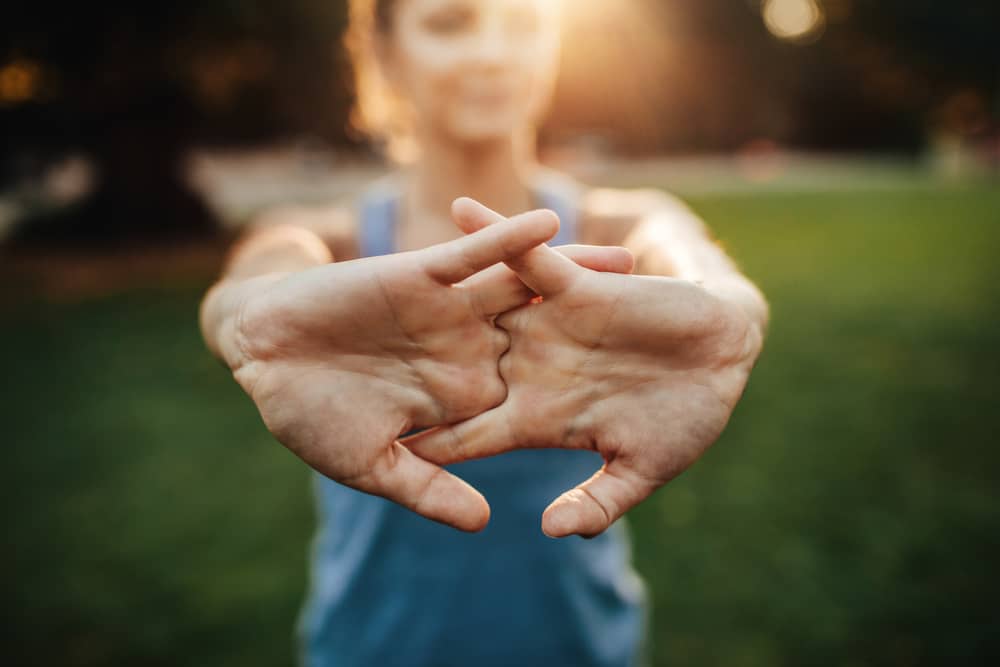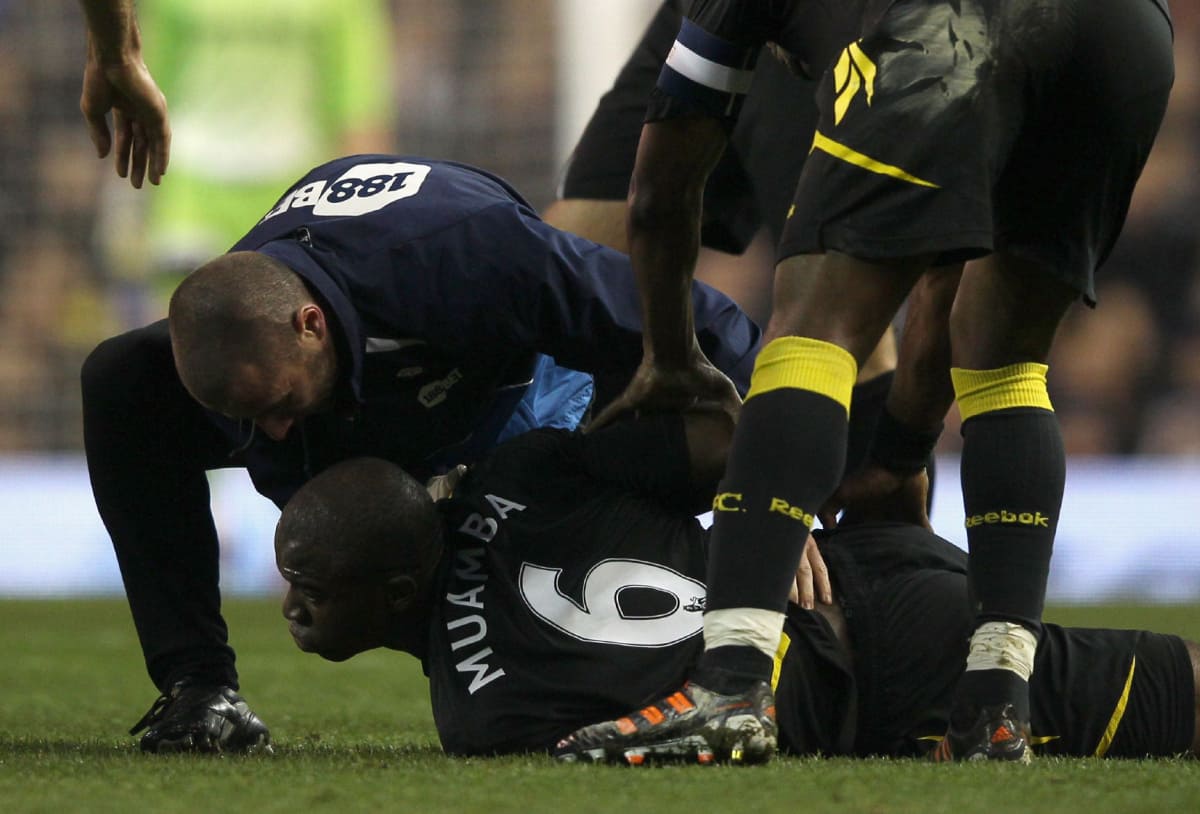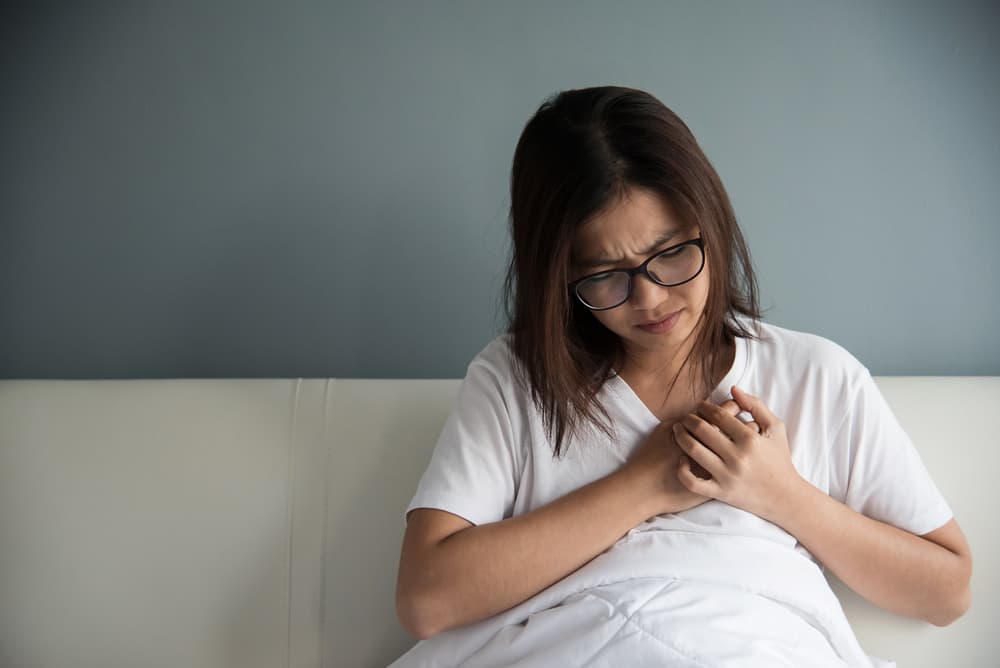Contents:
- Medical Video: Radiation Therapy for Lung Cancer | Q&A with Russell Hales, M.D.
- Side effects of radiation therapy
- Side effects of lung cancer chemotherapy
- Side effects of lung cancer surgery
Medical Video: Radiation Therapy for Lung Cancer | Q&A with Russell Hales, M.D.
Not infrequently the treatment of lung cancer carries many side effects that increasingly make it difficult for patients to accept their health conditions. Treatment of lung cancer can vary depending on the medical condition of each patient. But generally, teenagers have to undergo radiation therapy, chemotherapy, and possibly surgery. This type of treatment can affect the appearance and feelings of the child. As a parent, you must be prepared to accept the effects of treatment and let your child know.
Side effects of radiation therapy
Side effects of radiation therapy usually appear around a few weeks after treatment. But don't worry because these side effects will disappear after the treatment is stopped. Some of the common side effects are:
- Feel tired
- Sore throat and difficulty swallowing
- Cough
- Hair loss
- Chest pain
- Shivering
- Feeling nauseous
- The skin affected by radiation feels stiff
- Inflammation appears in the area affected by radiation.
Radiation therapy and chemotherapy are usually combined to treat lung cancer. This carries more risk of unwanted side effects. The long-term side effects of the treatment are:
- Hard to breathe
- Narrowing of the food canal (esophagus)
- Problems with the heart and spinal cord.
Because undergoing radiotherapy, a child's skin may become more sensitive. Avoid some products that can irritate your child's skin, such as:
- Cosmetics
- Powder
- Skin cleanser
- Skin moisturizer.
Side effects of lung cancer chemotherapy
Chemotherapy is a common treatment for all types of cancer. Although it can prevent cancer metastasis, chemotherapy carries several side effects. The following are some of the side effects of chemotherapy along with tips to overcome them:
- Hair loss. Try wearing a wig, scarf, or hat if you notice the appearance of your hair that is falling out.
- Infection. Begin to maintain personal hygiene, such as washing hands and avoiding public places or sick people.
- Loss of appetite, nausea, and mouth sores. Give food bland, soft, and easy to swallow on a child's plate in small portions
- Changes in vision. Some chemotherapy drugs can cause blurred vision and dry eyes.
- Changes in hearing. Some people feel dizzy and dazed after undergoing chemotherapy treatment. Child's ears may ring or cannot hear high-pitched sounds.
- Constipation. Drink plenty of fluids a day and consume foods high in fiber. Exercise can also help digestion.
- Diarrhea. Limit foods that can make diarrhea worse, such as milk, oily foods, spicy foods, and high-fiber foods. Try to make the child drink plenty of water to replace the fluid lost due to diarrhea.
- Anemia. Discuss with your doctor about the need for or not blood transfusion or growth medicine for children.
- Bleeding and bruising. Pediatricians can recommend red blood cell transfusions if the child's platelet count is too low.
- Extreme fatigue. The best way to deal with fatigue is to exercise regularly. It is also important to get enough rest by sleeping in the afternoon or evening.
- Nausea. Nausea is one of the most common side effects. Anti-nausea drugs are available to help maintain stomach comfort.
Side effects of lung cancer surgery
The most common side effect of lung cancer surgery is pain. Depending on the type of surgery, the child may experience different levels of pain. Other side effects of surgery are breathing problems and vocal chord changes.
There are many methods for controlling postoperative pain. Make sure you consult a doctor before getting surgery regarding side effects and abstinence after surgery.
If side effects occur, contact a doctor immediately. Get to know the types of side effects in children and learn how to deal with side effects. Provide healthy food for children, accompanied by regular exercise and adequate rest to relieve the side effects of lung cancer treatment.
Hello Health Group does not provide medical advice, diagnosis or treatment.

